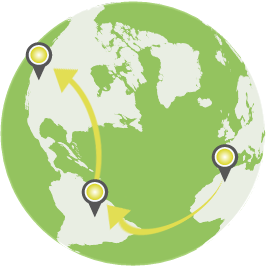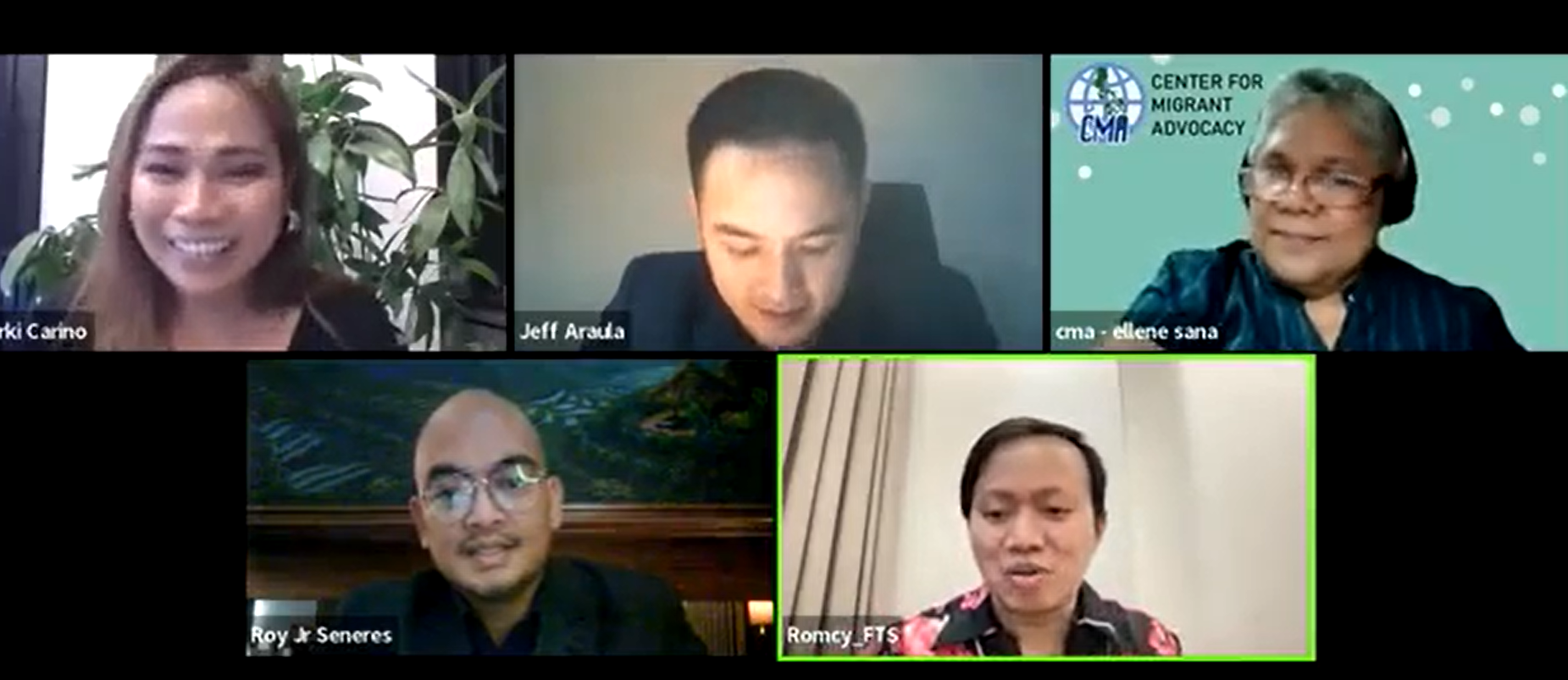Most Americans inadvertently finance trafficking and slavery through the products we buy every day – from cocoa and coffee to cars, computers, carpets, cell phones and clothing. A new website, launched today, helps consumers, investors, policymakers and companies learn what major corporations are doing about it.
The KnowTheChain website evaluates 500 manufacturing and retail corporations that are required to disclose if they are addressing slavery in their product supply chains. The companies must post this information on their own websites under a California law that took effect last year.
The Know The Chain team has been reviewing these disclosures. They are now posted in one convenient place. Free the Slaves is a partner in the project.
“No consumer, investor or company should be connected to slavery,” says FTS Programs Director Karen Stauss. “When companies comply with the law, it is a first step toward improving corporate behavior because it gives consumers and investors the information they need to make choices. KnowTheChain is an important contribution to that process by telling us which companies are taking that first step of transparently disclosing what they are doing.”
 The information for the KnowTheChain website comes from corporate disclosures mandated by California SB-657, the California Transparency in Supply Chains Act. The law took effect last year. It directs retail establishments and manufacturing firms who do business in California and have more than $100 million in global revenue to publicly disclose if and how they are addressing slavery and trafficking in their supply chains. Because California is America’s largest state economy, the measure affects nearly all major stores and manufacturers throughout the U.S.
The information for the KnowTheChain website comes from corporate disclosures mandated by California SB-657, the California Transparency in Supply Chains Act. The law took effect last year. It directs retail establishments and manufacturing firms who do business in California and have more than $100 million in global revenue to publicly disclose if and how they are addressing slavery and trafficking in their supply chains. Because California is America’s largest state economy, the measure affects nearly all major stores and manufacturers throughout the U.S.
The KnowTheChain team looked at how well companies are doing on verifying and auditing their product supply chains to know where their products and raw materials come from, and whether companies are training their staffs to look out for slavery-tainted goods and requiring suppliers to certify that their operations are slavery free.
So far, 350 out of 500 major companies evaluated by the team have complied with the law.
The website’s information is not an endorsement of the companies who have complied, nor a call to boycott those who haven’t. Instead, KnowTheChain is intended to be a first step toward fostering discussion, advocacy and compliance.
“The next steps will be to demand that those who are not complying, must comply by disclosing information, and to demand that all industries do more to address the problem of slavery connected to their business,” says Stauss. “We are also seeking a federal law that will build on the California law by clearly defining the full extent of the product and labor supply chains.”
Learn more about national efforts to require corporate disclosure on the Alliance to End Slavery and Trafficking (ATEST) website.
Check out the Free the Slaves short video on how companies can structure responsible slavery disclosure programs on our website.



